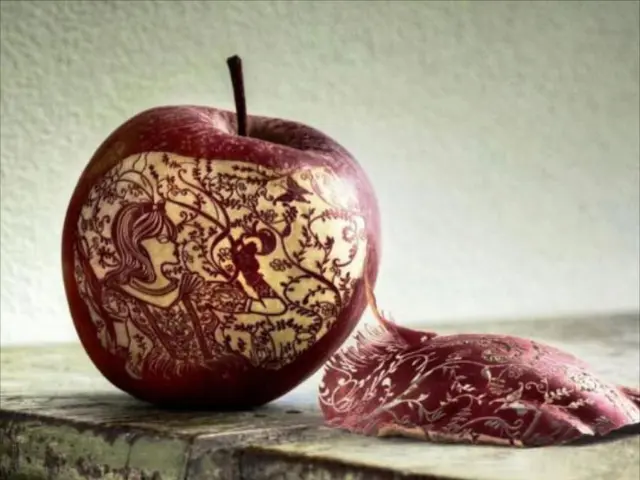The rising appeal of minimalism explained.
======================================================================
In today's fast-paced world, minimalism has emerged as a popular lifestyle choice, appealing to many seeking simplicity, intentional choices, and a more sustainable way of living. This shift reflects a cultural response to the complexities of modern life, as people strive to find balance amidst an overabundance of information, options, and consumerism.
A 2016 Cornell University study found that cluttered environments can lead to increased junk food consumption, while a 2010 Princeton study showed that people feel happier with increased income up to approximately $75,000 per year. However, once this threshold is reached, more money can actually lead to reduced happiness. These findings highlight the potential drawbacks of excess, both in our physical environments and our financial lives.
Many scientists believe that Earth's resources will cap out at an upper limit of 10 billion people, underscoring the importance of conscious consumption. In response, the research field of anticonsumption has intensively studied the intentional avoidance of consumption in light of consumers' responsibility regarding environmental, ethical, and socio-political matters.
Minimalism, with its promotion of using only essential materials and possessions, offers a solution to these concerns. By focusing on what truly matters, minimalism helps reduce waste, declutter living spaces, and support sustainable and conscious living. This approach has mental health advantages, reducing anxiety and improving focus, as demonstrated by a UCLA study that found mothers' stress hormones spike when dealing with their belongings.
The evolution of the internet and technology has played a significant role in the popularity of minimalism. With the affordability of things decreasing due to factors like recessions and inflation, people have little time and patience for dealing with clutter. The need for simplicity extends to protecting brain capacity, as advancements in technology require people to select and reject in order to manage their cognitive load.
Minimalism's influence extends beyond personal lifestyle choices. In the design and fashion sectors, clean, sleek, and functional styles are favored for their timelessness and versatility. Brands like Allbirds, known for their minimalist footwear styles that focus on sustainability and simple yet sophisticated aesthetics, have found success in this market.
Living a more minimal life can offer benefits without requiring a lifestyle of lack and unhappiness. More recent studies by psychologists from Purdue University and the University of Virginia suggest the ideal income for life satisfaction is $95,000 per year, and for emotional well-being, it is between $60,000 and $75,000 per year. By choosing to live more simply, people can reap the rewards of increased savings, reduced stress, and improved focus, all while making a positive impact on the environment.
As humans are highly adaptable, adjusting quickly to changes over time, it's no surprise that minimalism has gained traction in response to the complexities of modern life. Whether it's the need for financial prudence, mental well-being, or environmental responsibility, minimalism offers a compelling solution for navigating the challenges of the 21st century.
- The prevalence of minimalism signifies a shift towards intentional choices and simplicity, providing an alternative to the overabundance of clutter in today's fast-paced world.
- In a cluttered environment, consumption of junk food can increase, as suggested by a 2016 Cornell University study.
- Minimalism encourages the use of only essential materials and possessions, aiding in waste reduction, decluttering living spaces, and promoting sustainable living.
- The popularity of minimalism is linked to the affordability of things due to economic factors like recessions and inflation, as well as the need to protect brain capacity in the digital age.
- In the fashion sector, minimalist designs with clean, sleek, and functional styles are favored for their timelessness and versatility, as demonstrated by brands like Allbirds.
- A UCLA study discovered that mothers' stress hormones spike when dealing with their belongings, indicating mental health benefits in decluttering spaces.
- The ideal income for life satisfaction is estimated to be $95,000 per year, with emotional well-being achieved between $60,000 and $75,000 per year.
- In the field of anticonsumption, scientists study the intentional avoidance of consumption to address environmental, ethical, and socio-political concerns, given Earth's limited resources.
- Minimalism's emphasis on focusing on what truly matters can lead to increased savings, reduced stress, improved focus, and benefits for both mental well-being and environmental responsibility.
- The affordability of technology has played a significant role in the spread of minimalism, enabling an Iraq War veteran to start a popular blog called "The Minimalists" and inspire others to adopt this lifestyle.







